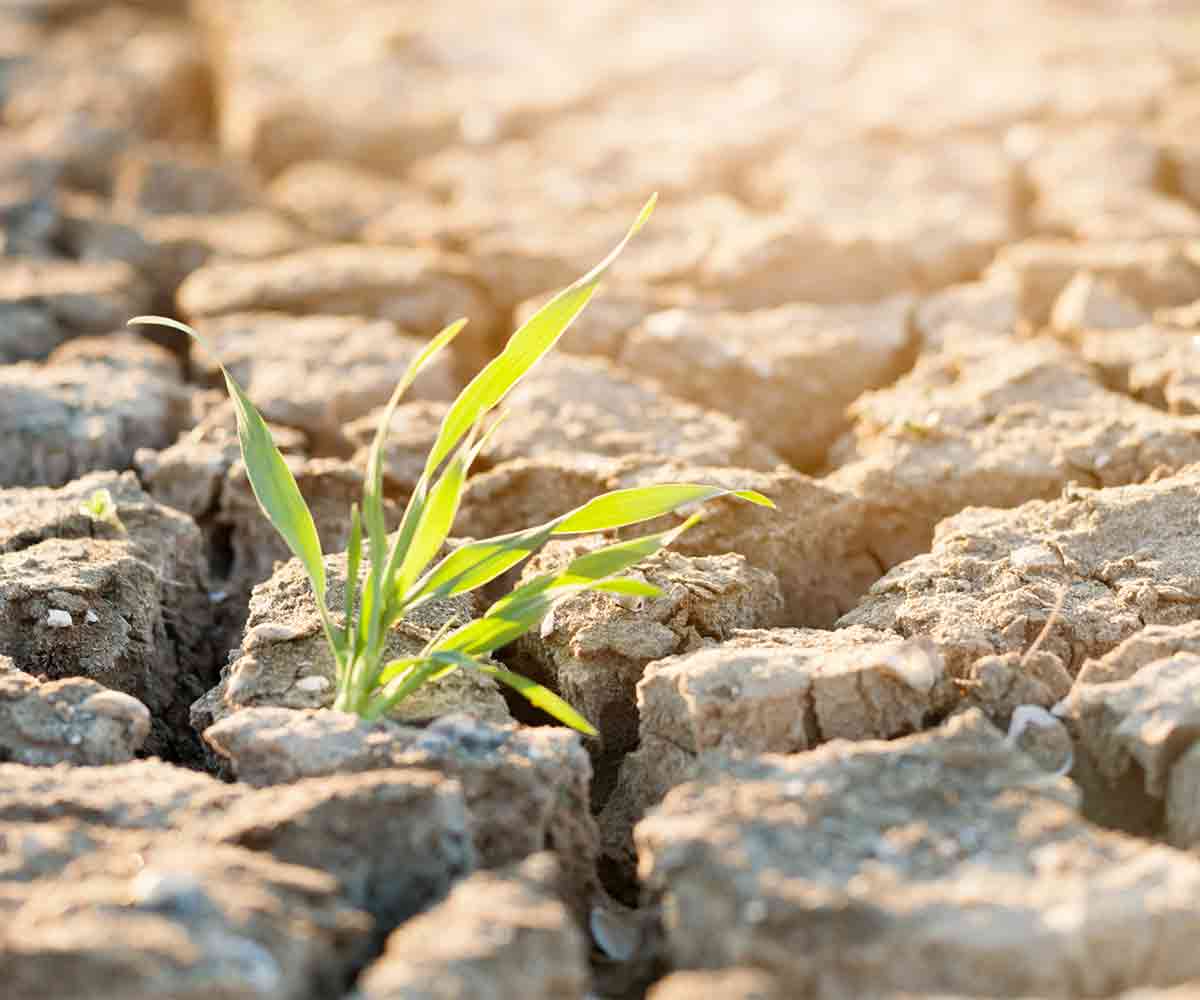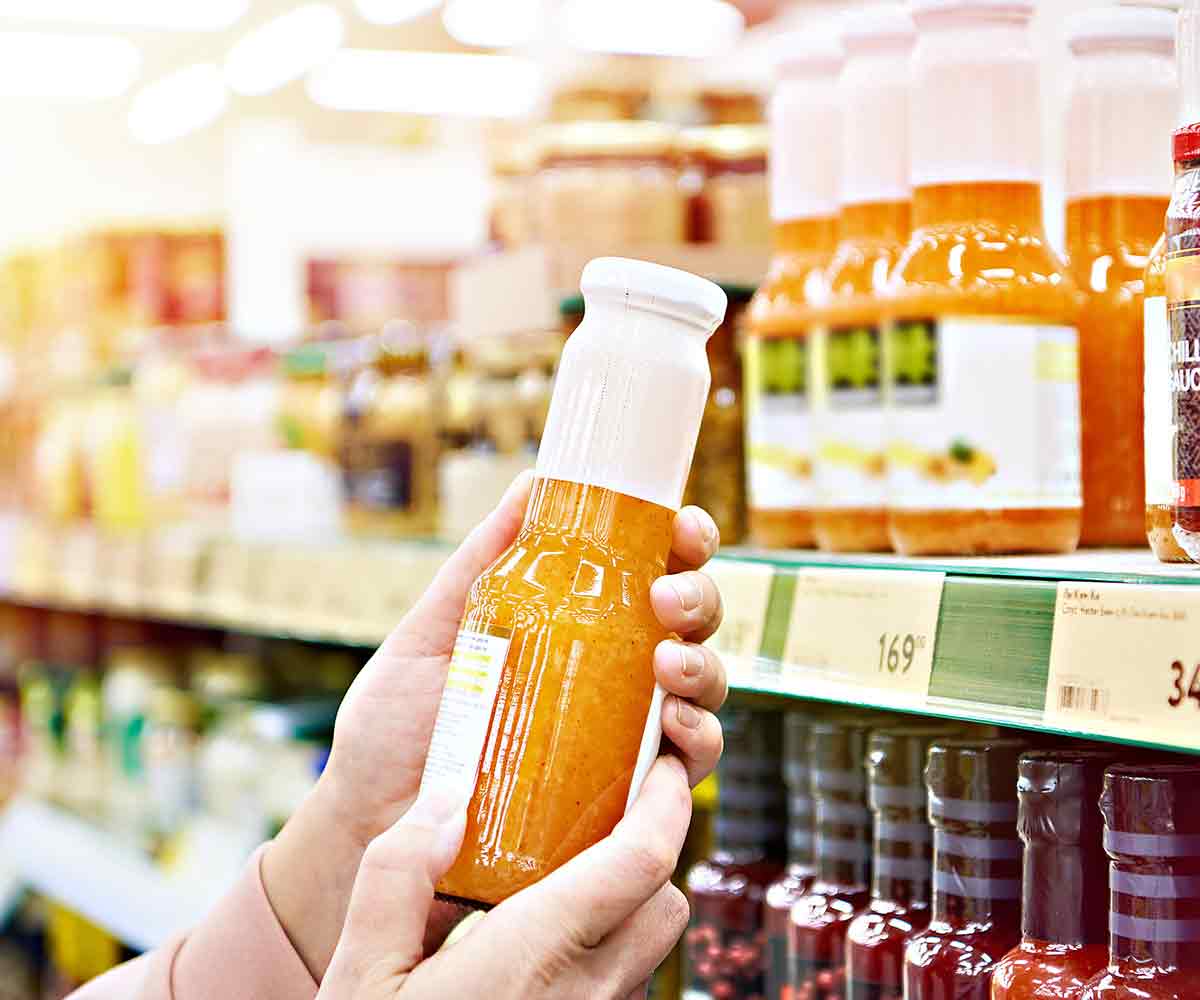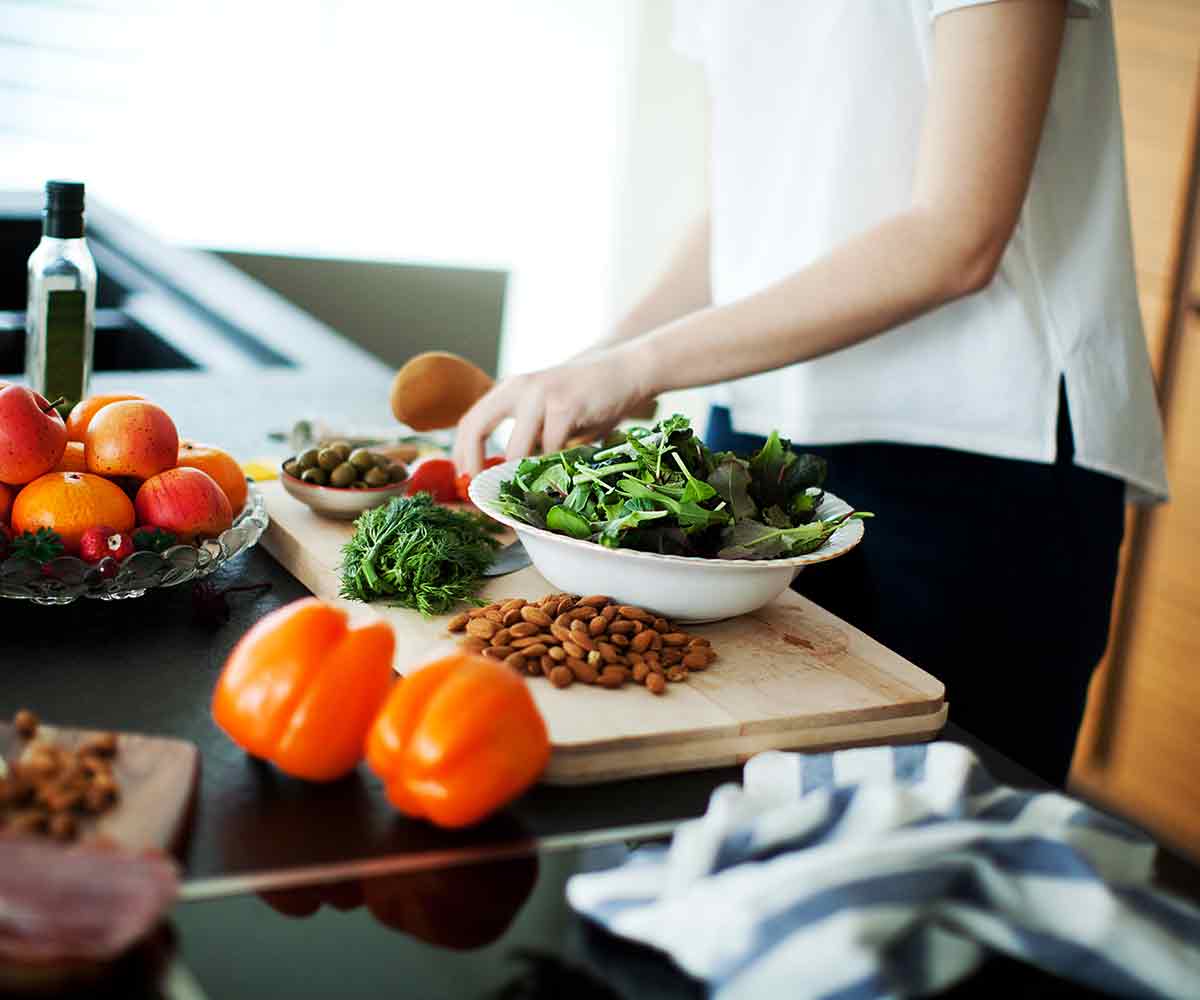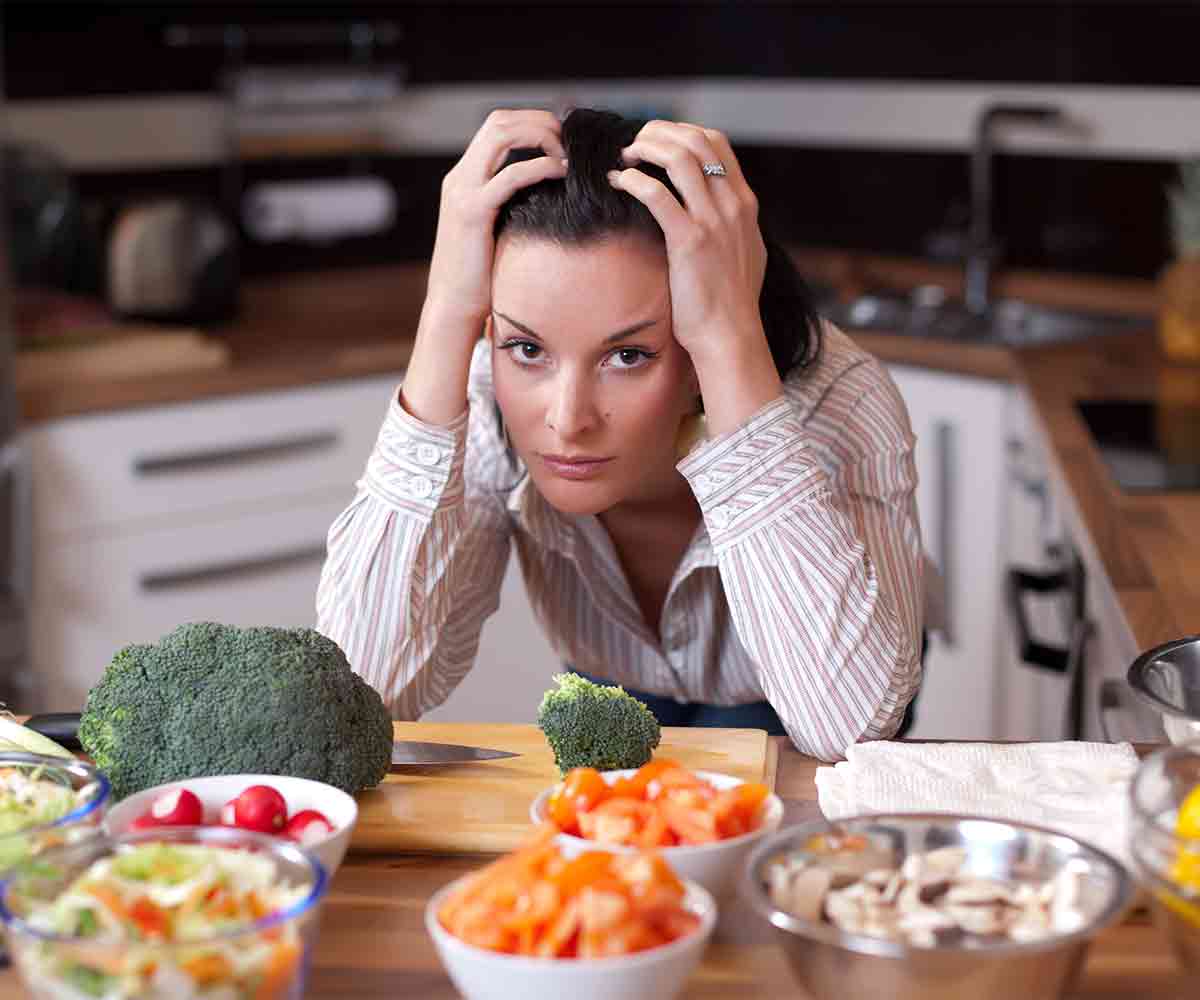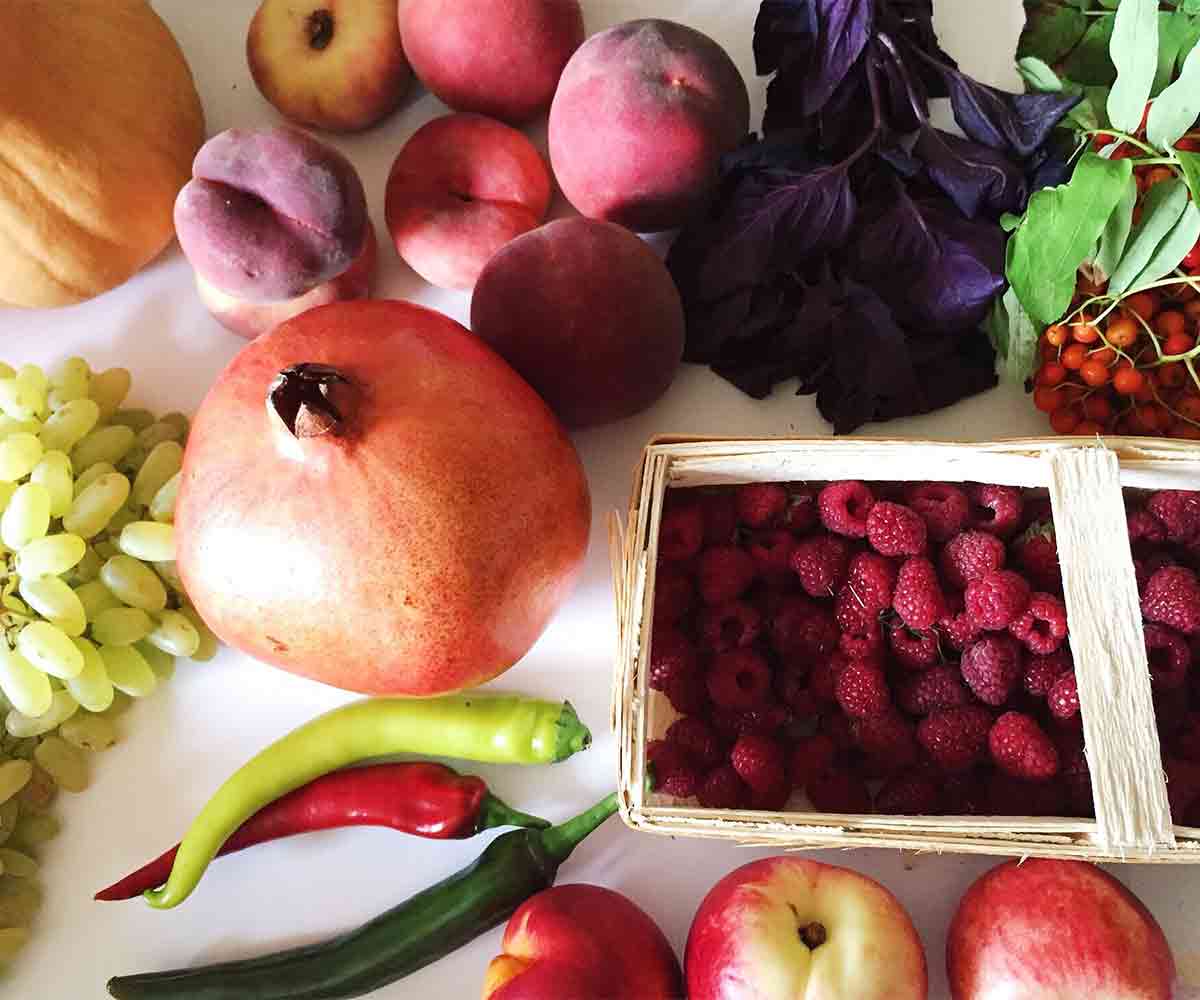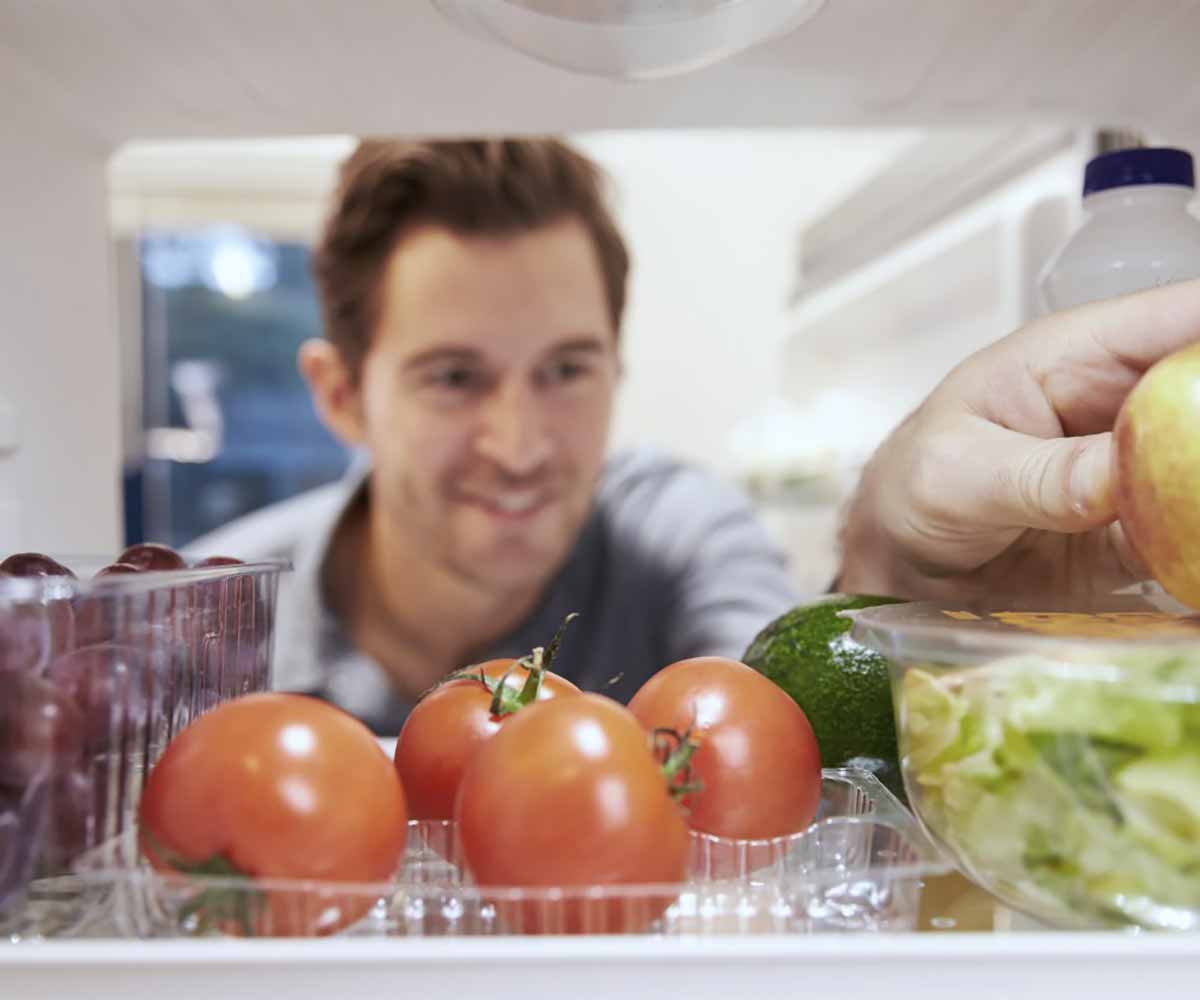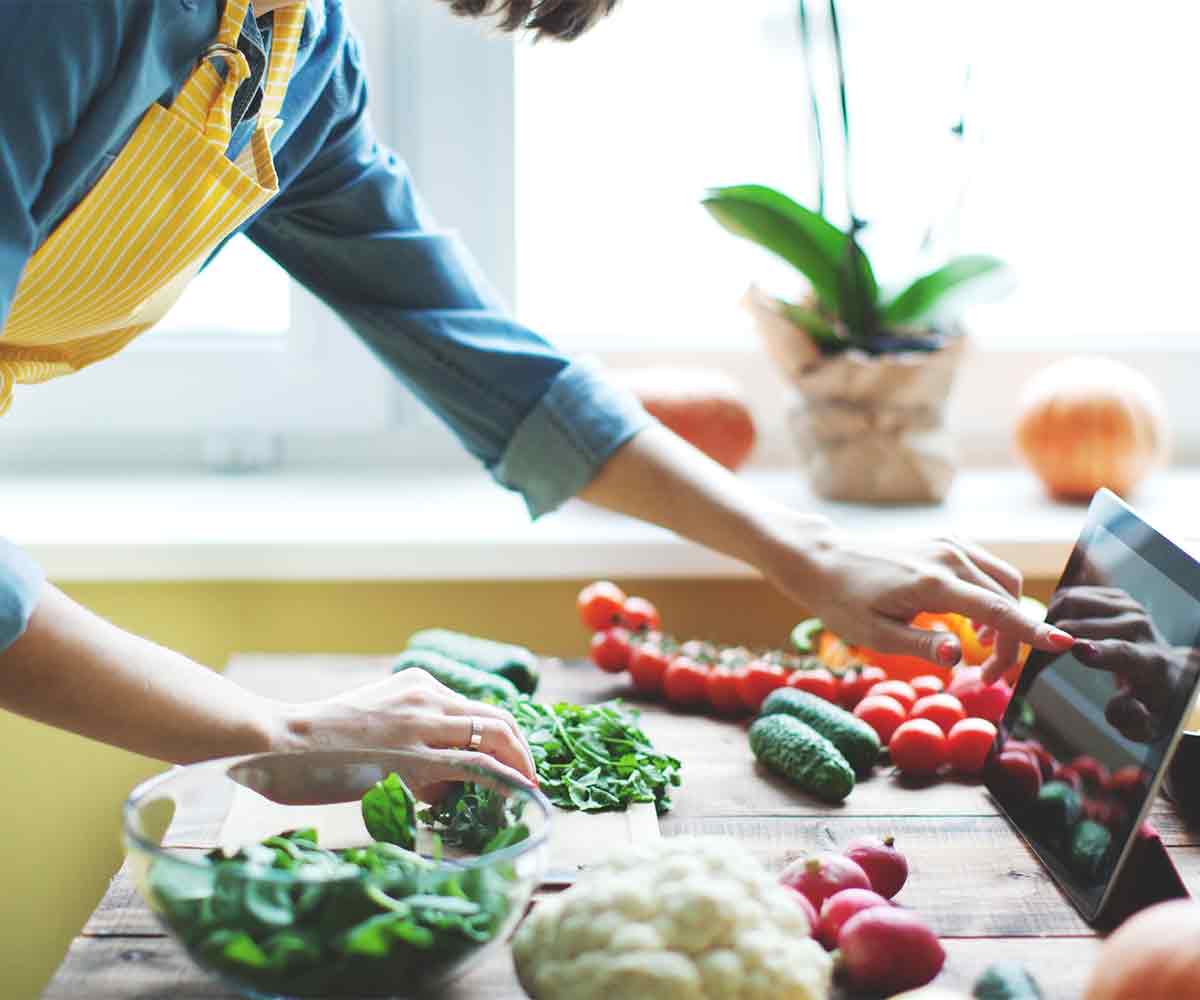Every time a celebrity eats a piece of tofu I hear a round of applause from my fellow foodies. Aging rock stars who want to keep their trim looks and ex-presidents who rock the connection between diet and heart disease are certainly an inspiration – it shows someone is paying attention anyway. The problem is that while even a little news is good news, underneath the surface lurks the grim reality of the food industry and that is disaster nutrition.
Organic foods account for less than four percent of the food sales in America. To understand the size of this in industry terms, the dollar volume of organic product sales (US 2009 – 24 billion) is only slightly higher than the total sales of salty snacks (US 2009 – 21 billion).

